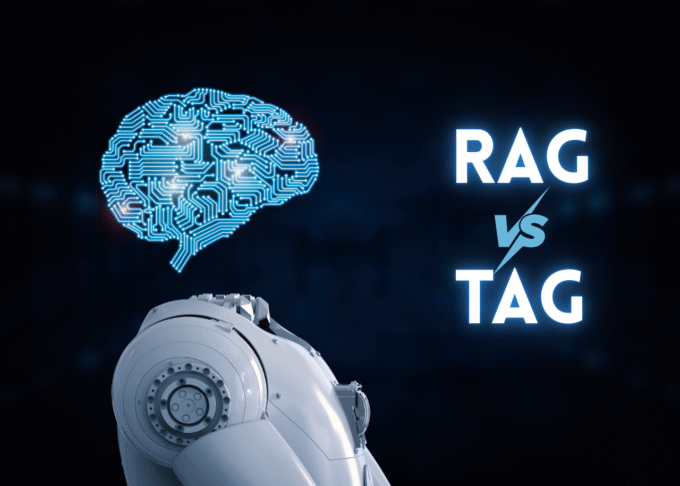Introduction:
Emphasizing the transformative potential of big data in creating smart cities. “Big data, is not just about collecting information; it’s about using data to optimize urban living and enhance citizen well-being.”
The Challenge of Urban Optimization:
Traditional urban management often faces challenges related to traffic congestion, energy consumption, and public safety. Big data enables cities to analyze vast amounts of data to optimize these areas.
Key Big Data Applications in Smart Cities:
- Traffic Management: Optimizing traffic flow using real-time data.
- Energy Efficiency: Reducing energy consumption through smart grid management.
- Public Safety: Enhancing public safety using predictive policing and crime prevention.
- Waste Management: Optimizing waste collection and recycling.
- Environmental Monitoring: Monitoring air quality and environmental conditions.
Case Studies and Insights:
“CitySense,” a smart city platform, implemented a big data-driven traffic management system that reduced traffic congestion by 25%. Their data-driven approach enabled them to optimize traffic flow in real-time.
Building a Robust Smart City Data Infrastructure:
To maximize the impact of big data in smart cities, governments and institutions must:
- Ensure Data Privacy and Security: Implementing robust security measures to protect citizen data.
- Develop Open Data Platforms: Creating open data platforms for data sharing and collaboration.
- Engage with Citizens: Seeking citizen input and feedback to ensure that smart city initiatives meet their needs.
The Future of Big Data in Smart Cities:
The future will be driven by the development of more sophisticated AI-powered smart city platforms and the integration of data from diverse sources. Cities that embrace big data analytics will create more efficient and sustainable urban environments.















